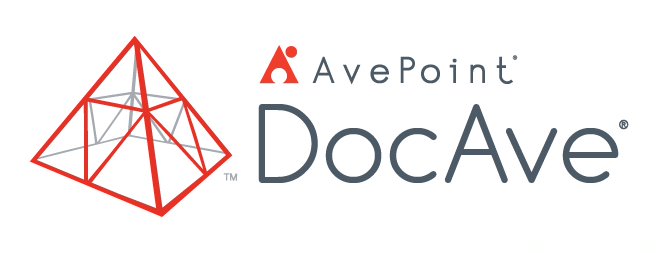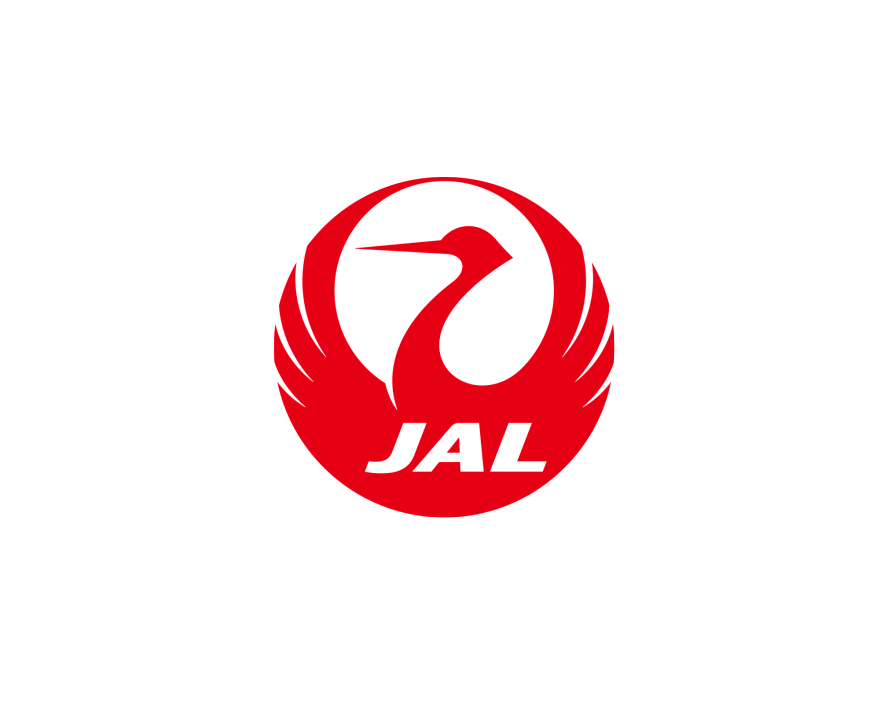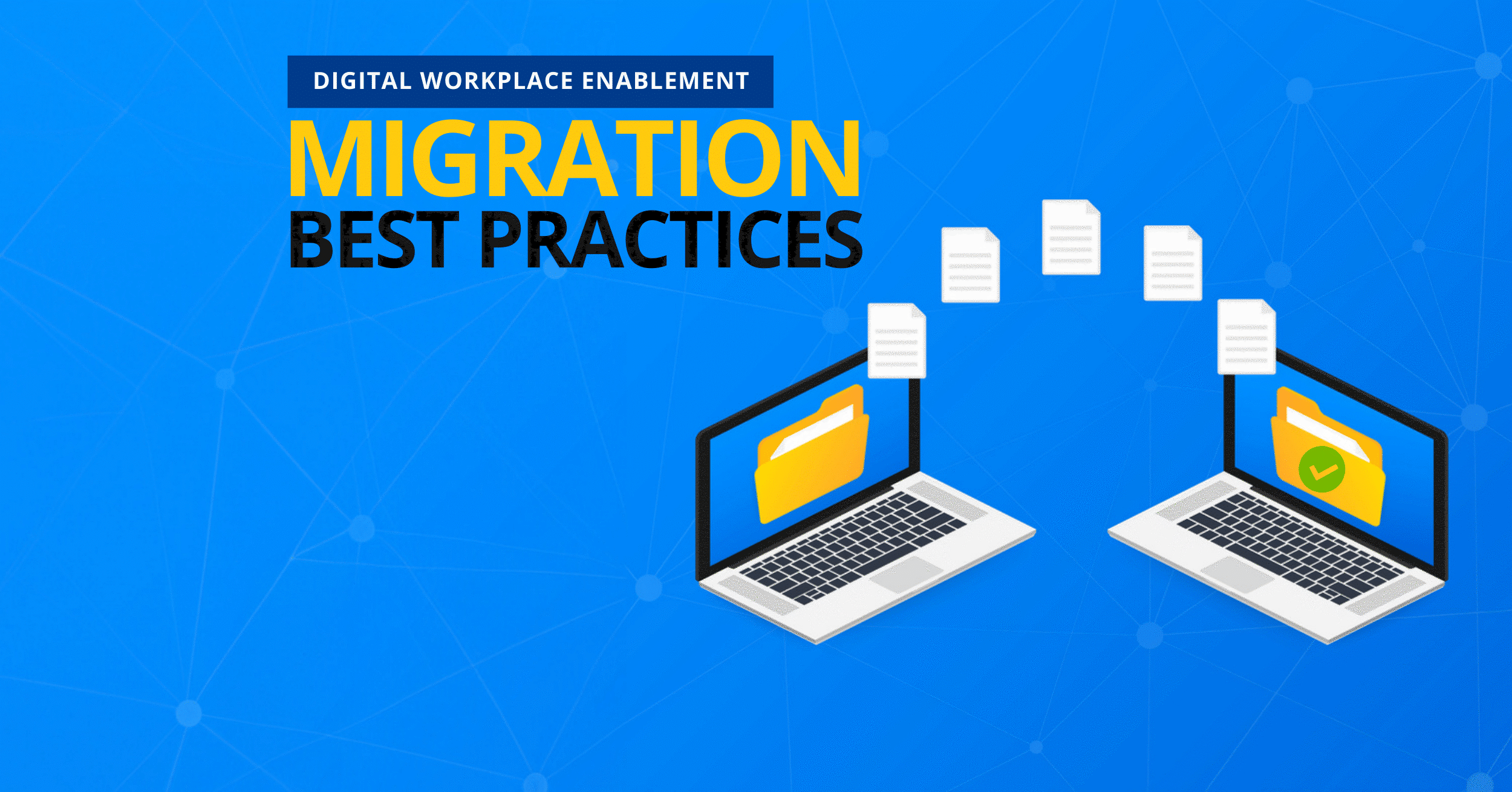How to Migrate 40TB of Data to SharePoint Online in Under a Year (Case Study)

Case Study: Japan Airlines
The Challenge
For a long time, JAL was using file servers installed at airports and regional offices across Japan for internal file sharing. However, due to the increasing volume of large data files, server storage became a concern. This led the company to consider migrating to the cloud.
“We also believed it would align with the Japan government’s Work Style Reform and allow our employees to access their data from anywhere on any device,” explained Mr. Chikahiro Honda, the assistant manager of oversea IT communication platform team, IT planning group.

JAL chose Microsoft Office 365 for its cloud environment architecture.
“When we undertook this project to discontinue file server environments, we evaluated several options that allow us to create site collections by business units or group companies. We decided to migrate to SharePoint Online for its security and audit features,” said Mr. Honda.
For the migration project, JAL had two main goals; to organize the data upon migration, and to reduce the burden on end users.
“Our aim wasn’t just to migrate all the data to Office 365 but to identify the data that can’t be used in SharePoint Online, and decide what to do with it,” said Mr. Honda. “We wanted the data owners themselves to decide which data needed to be migrated to the cloud, and which are no longer in use and can be disposed. Also, once the data migration was completed, end users would need to use a cloud environment that is different from a conventional server-based platform. So, we needed to make sure there was no business interruption during the transition.”
However, not long after the project started, JAL faced a great challenge.
“It turned out the settings and rules that should have been settled on the IT side, such as SharePoint Online permissions and audit logs, remained undeveloped, making quick adoption difficult,” said Mr. Honda. “We realized we needed support from engineers with extensive knowledge and expertise in SharePoint Online migration.”

Additionally, the sheer amount of data to be migrated was a challenge.
“Because we needed to migrate 40 TB of data to the cloud, we came to the conclusion that we need support from a vendor who can offer strong technical expertise and good migration tools to complete the migration efficiently in a short period of time.”
The AvePoint Solution
After analyzing the market, JAL identified AvePoint as the migration product and services vendor that met their requirements.
“In January 2019, we ran a migration test on one department’s data using AvePoint’s DocAve migration tool,” said Mr. Honda. “Although we initially struggled with network performance issues and the restrictions on Microsoft’s data throttling, we decided to go with AvePoint’s migration tool because of its ability to complete the migration in a short time, fewer migration errors, and the comprehensive support provided by AvePoint experts and engineers.”
Using AvePoint’s DocAve migration tool, the company successfully migrated all 40 TB data from all departments to SharePoint Online, completing the project within 10 months.

In some remote locations, the project team faced bandwidth constraints that posed a challenge to migration activities. In response, they devised creative solutions such as transporting the relay server to the Tokyo headquarters by aircraft to perform the migration or conducting migrations on weekends to alleviate the burden on the network.
Mr. Honda recalls several discussions he had with AvePoint experts and engineers.
“During the trial migration, engineers from our IT subsidiary (JAL Information Technology Co. Ltd) and AvePoint engineers met several times to design a strategy including network environment changes, server expansion for installing DocAve agents, and negotiations with Microsoft to ensure a stable migration.”
Mr. Honda was also impressed with the functionality of AvePoint’s migration tool after seeing it in action.
“The ‘automatic conversion of illegal characters’ and ‘skip processing of unnecessary files’ features, for example, enabled us to systematically complete the analysis of which files should go to the cloud,” said Mr. Honda.
“We also managed to complete the migration without losing information assets by leveraging the detailed reports for data migration results during and after the migration.”

The Bottom Line
JAL succeeded in migrating 40 TB of data from file servers to SharePoint Online in 10 months while minimizing the burden on end users.
Now, there is a noticeable positive change from JAL’s move to the modern workplace.
“Previously, the data on the file server could only be accessed from environments connected to the corporate network. After migrating to the cloud, the company’s data became accessible securely, documents can be shared instantly, and collaborative work is enabled through functions such as co-authoring. Thanks to the cloud environment, we are seeing ‘Work Style Reform’ become a reality,” explained Mr. Honda.
JAL’s next goal is to promote the mobile adoption of Office 365.
“We want to accelerate the quality of communication and speed of decision making by leveraging Office 365 tools such as SharePoint Online and Microsoft Teams,” said Mr. Honda. “By making information sharing easier and faster across our departments, we hope to deliver the best experience to our customers.”
With this goal in mind, Honda is interested in AvePoint Online Services (AOS), SaaS platform offered by AvePoint.
“I am keen to learn about the Office 365 Operations Management Enhancement Module from AOS for ROI improvement and faster collaboration for end users,” said Mr. Honda.

Japan Airlines
Japan Airlines Co., Ltd (JAL) is a domestic and international air carrier with headquarters in Shinagawa, Tokyo. JAL has been operating passenger and cargo flights since 1951. Today, JAL has 34,000 employees, with multiple subsidiaries and affiliated companies.
Read the full case study here.



